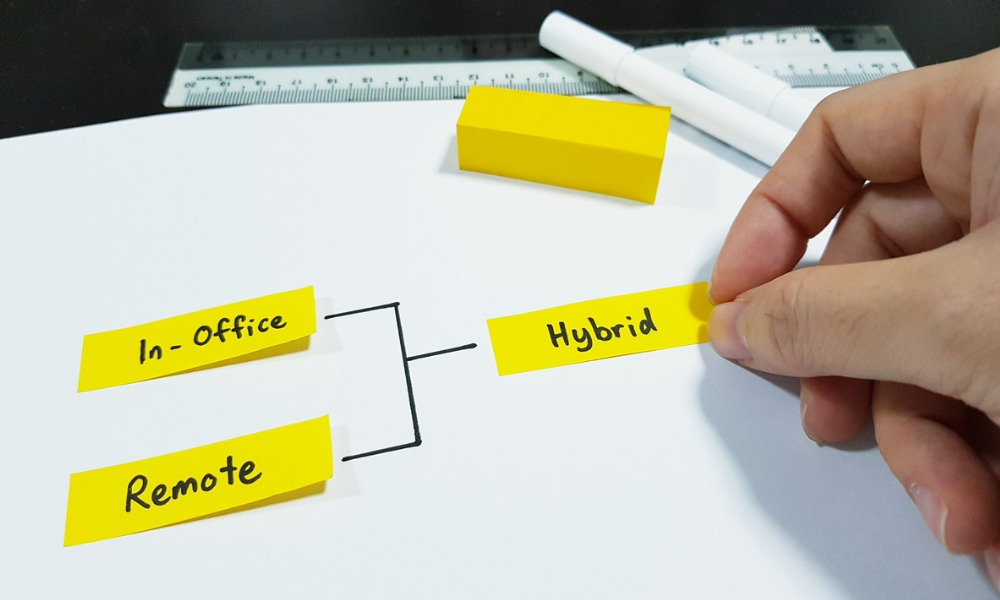
'Gen Z expects choice, flexibility, and balance when it comes to where and how they work'

A new study conducted by the International Workplace Group (IWG) has revealed that Gen Z workers in Singapore overwhelmingly prefer hybrid work arrangements over traditional office-based roles.
The survey, which polled over 1,000 young professionals, found that 88% of Singapore's emerging workforce favours a hybrid working model over commuting to an office daily.
In fact, most respondents (61%) believe that spending two to three days in the office each week is the optimal way to maintain productivity. Three in four Gen Z employees also believe that the ability to choose where and how they work is essential for achieving work-life balance.
While remote work is appealing, 78% prefer working in professional workspaces near their homes rather than from their homes. These spaces offer a productive environment without the long and often crowded commutes associated with traditional office work.
"Gen Z expects choice, flexibility, and balance when it comes to where and how they work," said Mark Dixon, CEO of the International Workplace Group, in a statement. "Organisations seeking the best emerging talent will need to factor this into their workplace strategies not only in Singapore, but also globally."
The study also indicates that hybrid work options significantly influence career decisions for this generation. More than 70% of respondents said the availability of hybrid work affects their decisions to:
The demand for hybrid work stems from concerns over mental and physical well-being, long commutes, and rigid office schedules.
Nearly 40% of respondents cited a lack of work-life balance as a key reason for leaving previous jobs, with 34% pointing to concerns over mental health and 32% to physical health challenges. The burden of commuting was also a major factor, with 37% viewing it as a time-consuming hassle and 38% identifying it as an economic strain.
The demand also comes amid reported benefits by Gen Z workers who are already under a hybrid model. According to the survey, these employees have higher job satisfaction rates, with 77% expressing satisfaction in their jobs compared to just 60% of those who work full-time in an office.
Hybrid workers also noted other advantages, including:
This preference for flexibility is particularly important in Singapore, where 79% of employers report difficulties in filling roles due to a talent shortage — a figure higher than the global average of 75%.
In Singapore, employers have been mandated to start considering formal requests for flexible work arrangements starting December. This includes requests for flexi-place, flexi-time, and flexi-load, according to the guidelines released by the government.